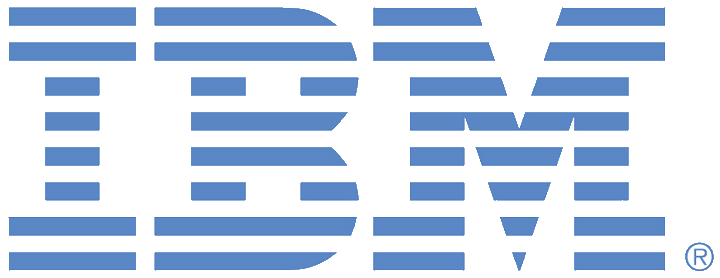
Backed by the experience of 40,000 AI and analytics engagements, IBM Consulting is helping customers leverage the current “massive inflection point” around AI with four primary use cases, according to Senior Vice President John Granger.
“We’ve been in this AI space for a long time,” Granger said in a recent Zoom interview. “And we’ve got a lot of capability with our 21,000 consultants, and we’ve done 40,000 engagements in AI and analytics.”
“In 2021, for example, we did nearly 1,800 AI use cases across nearly 1,300 clients, so we’ve got a lot of capability. ChatGPT is just a massive inflection point in terms of an awakening of clients and the business community to the real power of AI.
“And I think it’s really becoming very clear to everybody what the scale of the opportunity is. We think it’s really exciting because the barriers that have been there historically around scale and training models are coming down.”
As those foundational models become more accessible to businesses across every industry, and as the real power of AI becomes embedded in everything from applications to development tools to cybersecurity, customer interest has surged, even among some businesses with little or no AI experience. In that intense context, IBM is focusing on four core use cases that are meeting the initial expectations of a huge percentage of clients.
The first is using AI to interact and converse around customer care, and we’ve all experienced that already to some degree through banks. “In the customer care space, it’s around the ability to summarize call-center transcripts and reports to improve how agents operate or how bots are responding because you need to make them highly personal.”
The second is how AI is then automating business workflows. “And we’ve been talking in IBM Consulting about this for a long time via our concept of intelligent workflows that are based on how you infuse automation and AI into your business processes to make them different.”
In this category, predictive maintenance has become a big issue for many businesses to tackle. Granger notes, “In Australia, we’re working with a big train company and they’re getting something like 30 million messages coming in about all these maintenance jobs that need to be done.”
“And we’ve worked with them so they can use AI to manage that, and they’ve seen a 51% increase in reliability.”
The Australian train company example also ties into the third business case cited by Granger — AI for IT operations — and then the fourth hot AI segment for customers is AI for cybersecurity, which involves summarizing event logs more precisely and rapidly.
“One large bank, for example, has dramatically reduced their internal audit process activities across 5000 controls just by analyzing all of those documents at scale,” Granger said.
“So there’s real opportunity around those four business cases. And as I said, we’ve created powerful processes to go through each of those cases for individual clients and to work out the best way to bring them forward.”
Beyond the technological expertise IBM has built up through its long and deep history with AI, Granger said, the company is also a tireless advocate for customers to establish — and live by — ethical principles for how and why AI is used.
“We’ve always had three principles, the first of which is that AI and the automation that results from it have to be used to augment human beings and not replace them,”
“That’s a really important principle, particularly around change management, because we all know that if you don’t have that principle in place along with the right type of change-management support, then people are going to get very frustrated.”
“The second is to demonstrate the application of AI is fair and does not result in discrimination, and the third principle is about who owns the data. There’s an enormous amount of data being generated, and we’ve always been really clear that the data has to belong solely to the client.”
But when you talk to CEOs, the thing that’s really beginning to engage them now is they’re anticipating that in the same way that boards have been asking CEOs about sustainability and ‘What are you doing about sustainability? And how’s that going to impact you? What’s coming down the track?’
“Now those same CEOs are seeing that as they adopt AI, in 12 to 18 months. Boards are going to be asking them deep and serious questions about how they are using AI within their business. And this is really beginning to concern people.”
“We’ve always taken a really principled stand. And I would urge everybody to think really seriously about what their ethical basis is and what their principles and standards are around AI.
You can see my full interview with IBM Consulting, Senior Vice President John Granger here.









